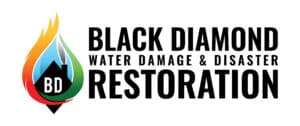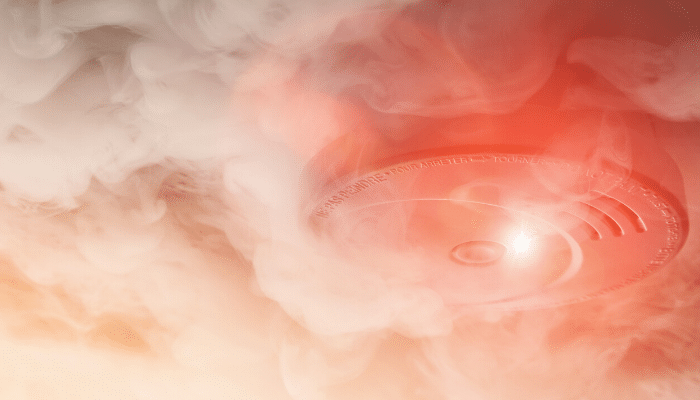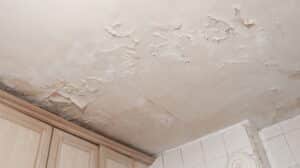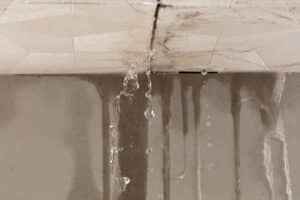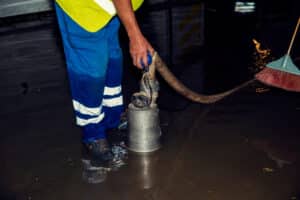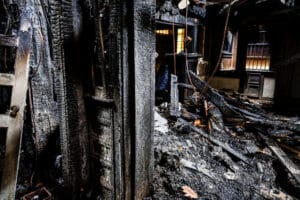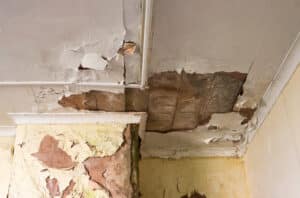Smoke damage can wreak havoc on your home. Whether it’s from a kitchen fire or an electrical fire that happened from faulty wiring, these problems can be costly and make your home smell terrible. If not treated properly, the damage can be long-lasting.
Here are six tips on handling smoke damage and getting your home looking and smelling good again.
- Wear safety equipment. Before you start doing anything, ensure you wear protective eye goggles, a safety mask, and gloves to protect your health. This protects your skin from smoke particles, as well as your lungs.
- Ventilate your home. Once the fire has been extinguished, and your chimney flue is opened, it’s time to ventilate your property. This is vital, so no permanent damage is done. Open all your windows and doors and ensure your HVAC systems are shut off, so the smoke doesn’t spread. Consider getting some industrial fans and face them towards the doors and windows to allow for circulation and vent out the smoky air.
- Vacuum any soot. Rent an industrial vacuum cleaner and suck up any loose soot and ash from your furniture, curtains, and carpets. It’s important to aim the nozzle at the soot, but don’t push it down, or you risk a permanent stain. Note, get the most potent shop vac you can find, so it has the greatest chance of getting up the most soot from your surfaces.
- Deep clean all surfaces. Now, it’s time to deep clean everything, including tables, countertops, furniture, etc. You may have to replace any severely smoke-damaged items. Clean walls, ceilings, bedding, or any other surface impacted by smoke. Take a dry sponge, wipe off any soot, and use cleaners to get off any stubborn stains. You can use rubbing alcohol, white vinegar, or paint thinner. Soak your rag or sponge and wipe the walls throughout the room, even light bulbs.
A few tablespoons of dish soap or degreaser in a gallon of hot water can be used to wash the walls with a sponge or rag. You may need to use a combination of chemicals for severe fire damage. Refresh your water when it gets too black or smells smokey. After washing with your preferred cleaner, wipe down your walls with fresh water and a clean rag or sponge to remove any remaining cleaning products.
- Dry it all out. Use the fans to dry all the surfaces you cleaned. It may take a few days to a week or more to get the smokey odors out of your home, but using the fans will help speed up the process. Look around the room and identify any materials that readily absorb odors. Put those items together in a separate room or even outdoors if the weather is good. If there is severe smoke damage, you may have to throw some items out. This includes upholstery, curtains, or furniture. Avoid using cover scents or fragrances to mask the smoke rather than remove it since the oils cover surfaces and don’t allow them to breathe. Replace your HVAC filters after, so they don’t continue to circulate smoky air.
- Call the professionals. After most of the smoke damage has been cleaned up, it’s time to bring in the professionals. Since there are likely jobs you can’t do alone, getting a trained professional will ensure your home is taken care of and get you in your home quicker.
Need Help Restoring Your Home?
At Black Diamond Water Damage & Flood Disaster Restoration , we specialize in restoring your home after a fire. Our trained and certified professionals come to you and evaluate and assess the damage on-site as quickly as possible. We are available twenty-four hours a day, seven days a week for you. Contact us for restoration today at 801-512-4194.
toto slot